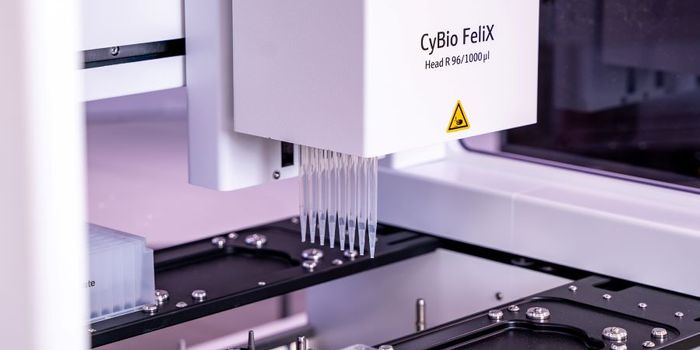Did the Human CRISPR Experiment Affect the Subjects' Brains?
In a highly controversial experiment conducted without oversight or input from peers, researcher He Jiankui of the Southern University of Science and Technology in Shenzhen, China led a team that modified the genomes of human embryos with the CRISPR/Cas9 editing tool. That experiment ended with the birth of twins with presumably modified genomes.
The supposed point of the genomic modification was to shield the twins from potential future exposure to HIV. To do so, the CCR5 gene was altered. That gene allows HIV to invade human blood cells. But like many genes, it has multiple functions depending on the tissue in which it is expressed.
In the case of CCR5, it also appears to have an important role in the brain. New research has indicated that the modification supposedly made to the twin babies’ CCR5 genes makes mice smarter. The gene is also connected to memory and the formation of new connections in the brain. Reduction of the gene results in better recovery in the brain after a stroke has occurred.
Reporting in Cell, scientists have also determined that people who lack at least one copy of the CCR5 gene attend school longer. “We are the first to report a function of CCR5 in the human brain, and the first to report a higher level of education,” said UCLA biologist S. Thomas Carmichael, who led the new study.
Researcher Alcino J. Silva is a neurobiologist at the University of California, Los Angeles who was a part of the CCR5 research reported in Cell. He talked to MIT about the CCR5 CRISPR experiments performed on the twins in China. “The answer is likely yes, it did affect their brains,” he told MIT Technology Review.
“The simplest interpretation is that those mutations will probably have an impact on cognitive function in the twins,” said Silva. The exact effect on cognition in these twins cannot be predicted, which “is why it should not be done.”
Related: Researcher Claims to Have Genetically Engineered Human Babies
He Jiankui has claimed to be opposed to using gene modification for enhancing function, but it seems impossible to know his true intentions considering that he conducted his research outside of all accepted ethical boundaries.
Sources: MIT Technology Review, Cell








